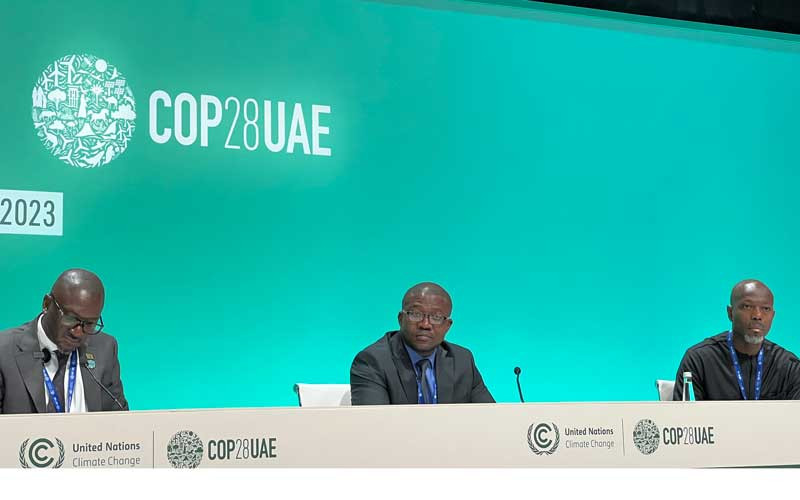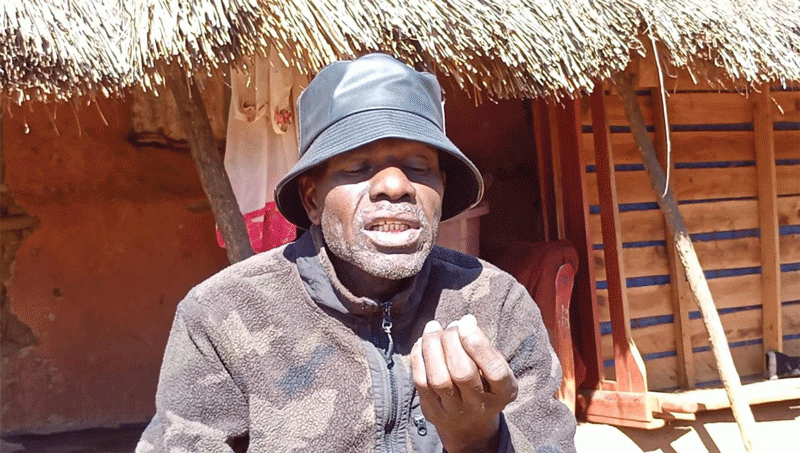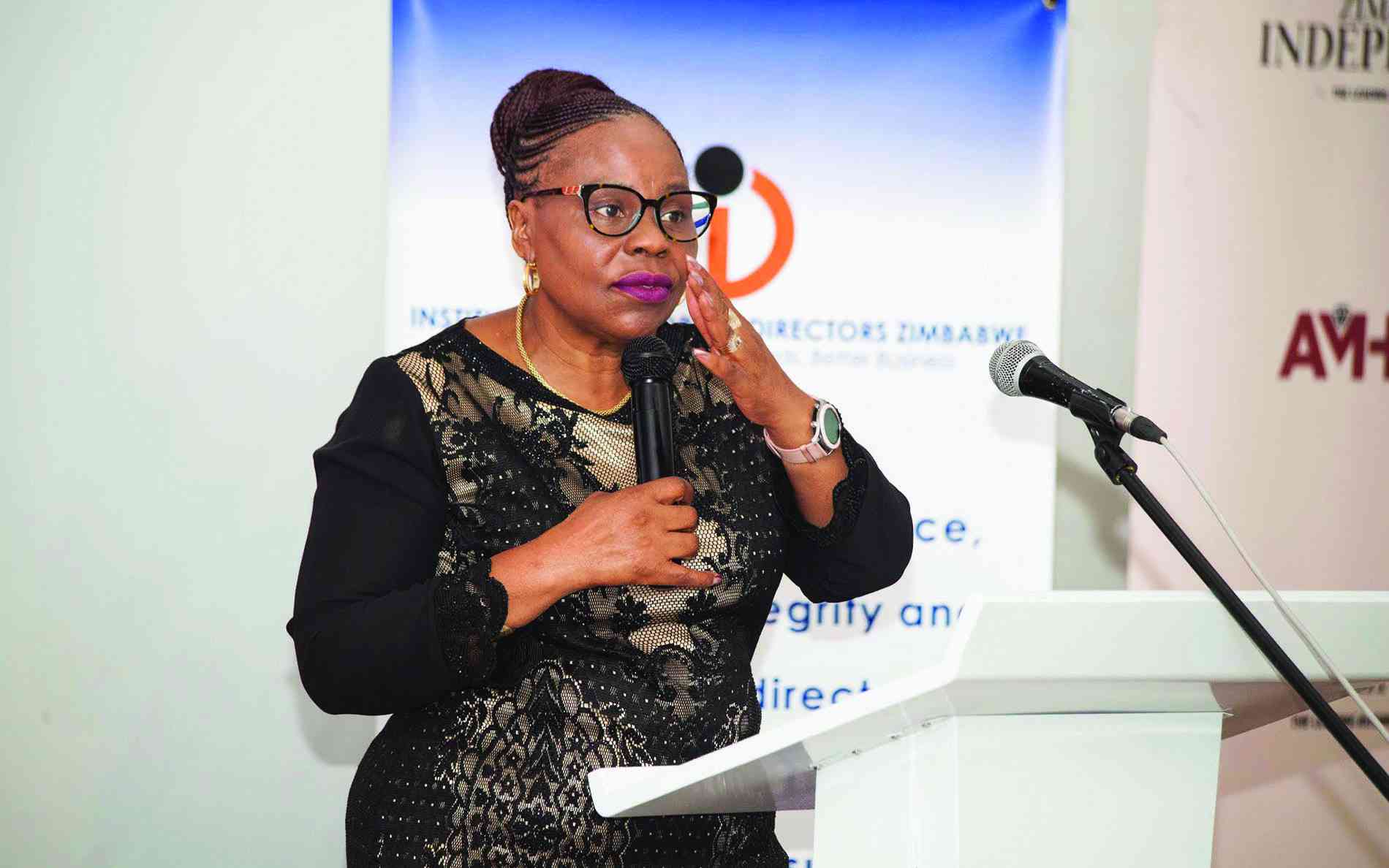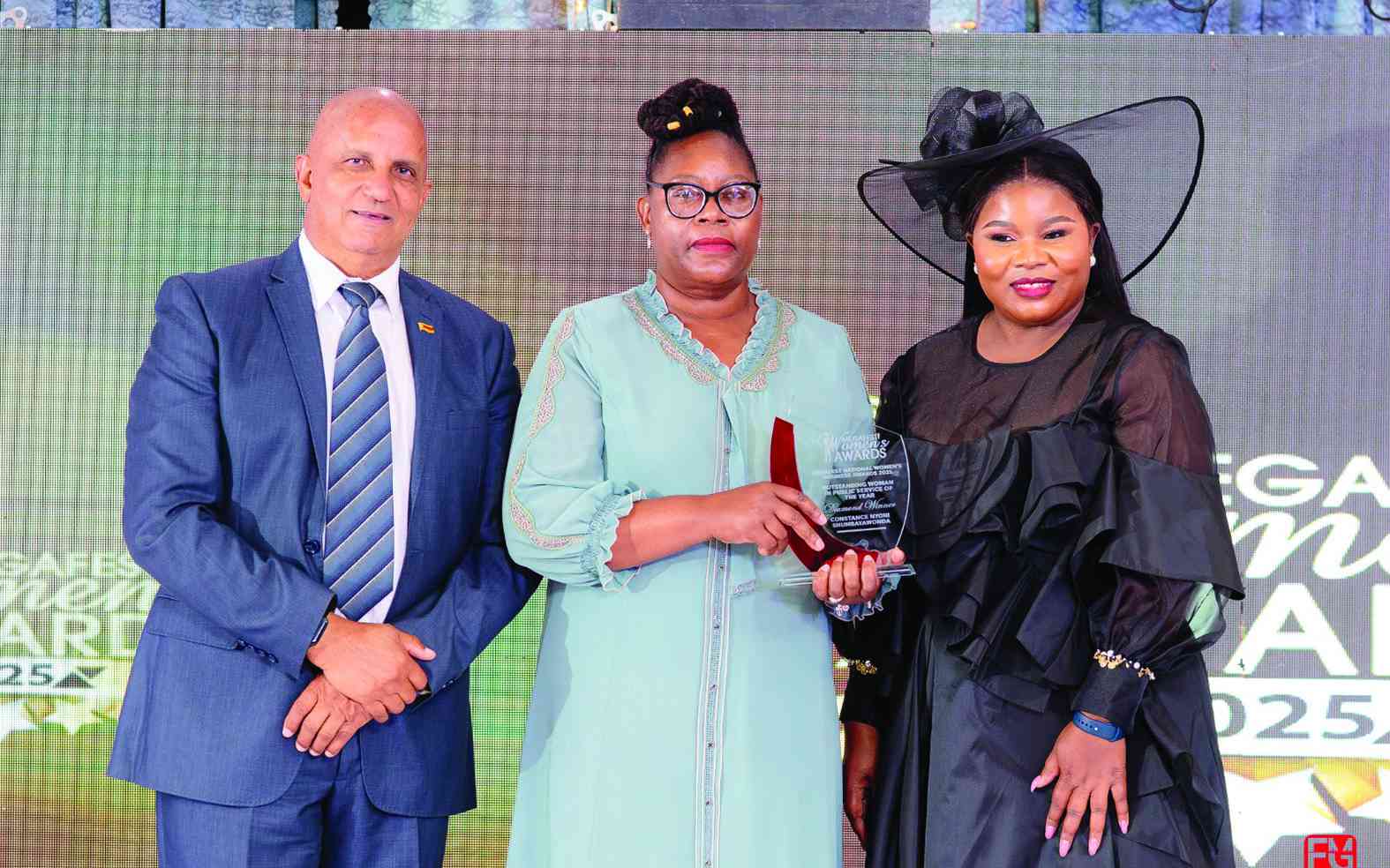
THE African Development Bank (AfDB) has availed a new US$1,8 million technical support facility for Zimbabwean female entrepreneurs as well as those in three other Sadc countries.
Last week, the AfDB announced that its Affirmative Finance Action for Women in Africa (Afawa) and Export Trading Group (ETG) signed a technical assistance agreement of US$1,8 million to strengthen women’s skills in entrepreneurship in four countries.
The facility comes as official statistics show that female micro, small and medium enterprise owners made up 60% of the industry as of the end of 2022.
In a statement during COP28 in the United Arab Emirates city of Dubai, AfDB said Afawa and ETG signed the agreement for the facility at a ceremony held last Tuesday.
“Leadership from both organisations took part in a signing ceremony held on Tuesday December 5, on the sidelines of the United Nations climate conference COP28 in Dubai, United Arab Emirates,” AfDB said.
“The grant for the Strengthening the Entrepreneurship Skills of Women-Owned and Led Businesses and Women Employees project will support women, ETG Group employees and entrepreneurs as well as women-led small and medium enterprises and co-operatives. The project will be rolled out in Mozambique, Tanzania, Zimbabwe and Zambia.”
The project aims to impact up to 3 600 women and women-led or owned businesses by placing them in ETG’s global supply chain over four years. The technical assistance includes training women employees to develop an entrepreneurial mindset and facilitate their access to finance and market linkages.
ETG is a multinational company recognised as a fast-growing, vertically-integrated agricultural supply chain group in sub-Saharan Africa, with a presence in 40 countries.
- New perspectives: Building capacity of agricultural players in Zim
- New perspectives: Building capacity of agricultural players in Zim
- Xenophobic attacks against Zimbabweans barbaric
- AfDB president Adesina coming to Zimbabwe
Keep Reading
Afawa is a pan-African initiative helping to bridge the US$42 billion financing gap Africa’s women entrepreneurs face, compared to men.
“Integrating women in the ETG value chain will go a long way in bridging gender parity by providing equitable access to climate-resilient [and climate-] smart agricultural skills and creating a rural infrastructure that supports all facets of women’s engagement in agricultural markets,” AfDB agriculture, human and social development vice-president Beth Dunford said.
“This will significantly contribute to food security and economic growth in the four countries.”
Locally, official statistics indicate that looking at gender, a higher proportion of female SME owners reside in rural areas which stands at 72% compared to males 69%. Further, except for the Midlands province at 45%, most provinces have a higher proportion of women-led small and medium enterprises of two females to one male, on average.
“We are proud to partner the bank on the Afawa project. By empowering women entrepreneurs in Africa, we can make local economies and communities thrive, which is a core part of our company strategy,” ETG chief treasury officer Paul Van Spaendok said. “Finding the right partners in this journey is important, and this collaboration is getting us a step closer to our goals.”
ETG’s Farmers Foundation is also taking part in the project, providing smallholder farmers with training and extension services in basic business skills and good agricultural practices.
“The region boasts the largest number of women entrepreneurs, but their struggles to move beyond subsistence are still a reality,” ETG Farmers Foundation chief executive officer Kamini Menon said.
“Harmonising public and private sector efforts is a necessary move to enable women employees, entrepreneurs and businesses along agricultural value chains to battle existing constraints and be given a fair chance to flourish.”










